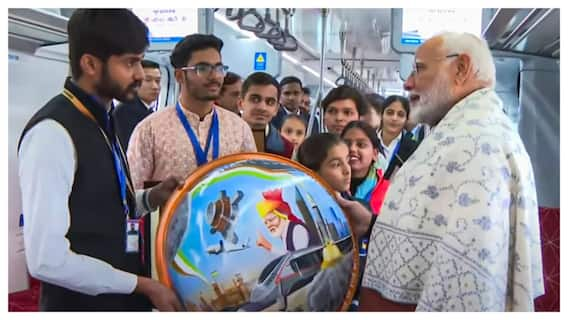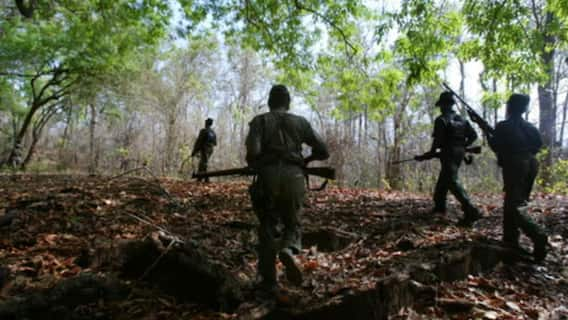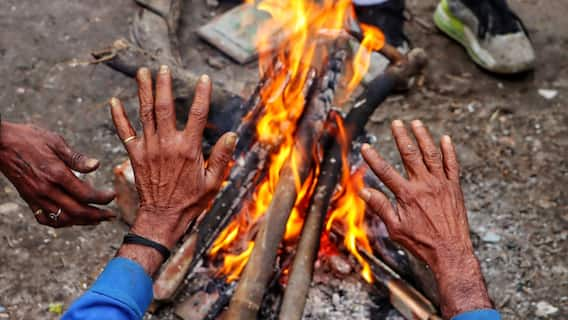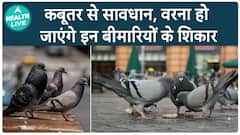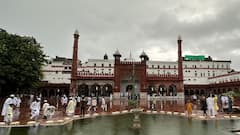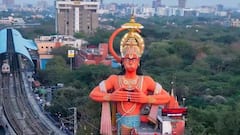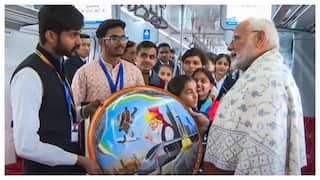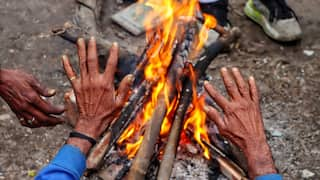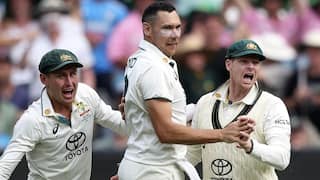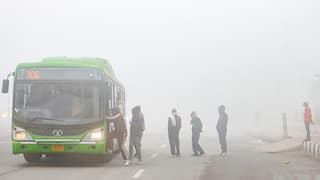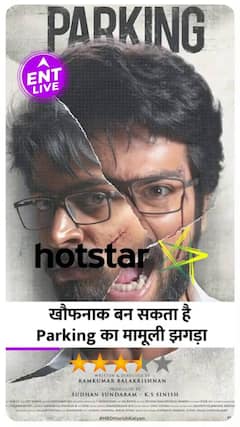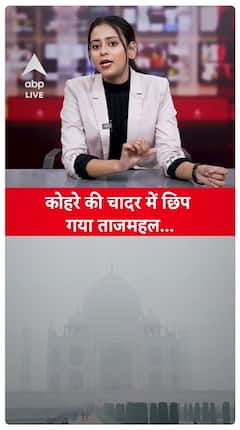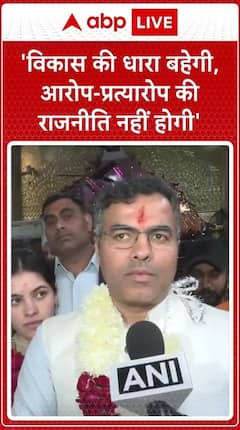International Yoga Day: Know About The History And Origin Of Yoga
Derived from the word ‘Yuj’ in Sanskrit- which means to join- yoga is a discipline that coordinates the activities of our mind, body, and soul with that of the universe.

Yoga is not just about stretching, meditating, and flexibility alone- it is a very deep and spiritual exercise to achieve serenity and balance for the body, mind, and soul. Derived from the word ‘Yuj’ in Sanskrit- which means to join- yoga is a discipline that coordinates the activities of our mind, body, and soul with that of the universe. Particularly, in the modern world of constant stress, it aims to help people regain their ability to find themselves, as well as to comprehend their role in the overall scheme of things.
ALSO READ: International Yoga Day: 11 High-Protein Foods To Have Before And After Yoga
Origin And History Of Yoga:
Yoga is an important part of Indian culture and has evolved throughout the centuries. It helps to balance our body, mind, spirit and also our soul. The history of Yoga can be divided into four categories:
- Vedic Yoga - Yoga originated in India during the Vedic period. Vedic yoga is the earliest yogic teaching, also known as 'Archaic Yoga,' because people believed in a ritualised way of life. Yoga was viewed as a means of connecting with the world around us and so Vedic yoga is recognised as the roots of yoga.
- Pre-classical Yoga - This evolved after Vedic yoga and spans nearly 2,000 years. The creation of Upanishads marked the beginning of pre-classical yoga. The Bhagavad Gita was written around 500 B. C., is one of the most incredible yoga scriptures. Pre-classical yoga includes numerous methods for deep meditation and connecting with the divine powers. Yoga of this period is connected both to Hinduism as well as Buddhism.
- Classical Yoga - Patanjali's composition of the yoga sutras in the second century C. E. marks the beginning of the classical period of yoga. Patanjali believed that each person is made up of matter (Prakriti) and spirit (Purusha). Yoga was considered to restore the spirit to its true reality.
- Post-classical Yoga - The post-classical period of yoga emphasized the present. This period in yoga confirms the teachings of Vedanta, which is a philosophical structure following the teachings of the Upanishads. During this time, a system of practices was developed to rejuvenate the body. This resulted in the creation of ‘Hatha Yoga’ and ‘Tantra Yoga’.
Modern Age Yoga:
Yoga was first taken to the West by Swami Vivekananda, a Hindu monk of the Advaita Vedanta philosophy in the late 19th century through speeches in the Parliament of the World Religions in Chicago.
Krishnamacharya, born at the turn of the twentieth century in the subcontinent and frequently identified as the father of modern Yoga, also provided concrete instructions in the asana practice that formed the basis that has subsequently spread across the globe, while Vivekananda gave the philosophical underpinning to the modern yoga movement.
Eight parts are included in the contemporary practice of yoga. These include meditation postures or asanas, breath control or pranayama, focused concentration or dharana that makes individuals stressed-free and fit. Suitable for all ages and fitness abilities, yoga now includes many techniques and beliefs to seek a healthy mind and body.
Trending News
Top Headlines









